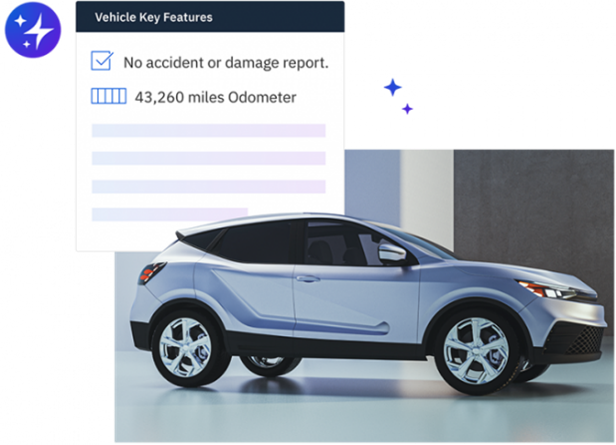How do YOU price a car?

Article Highlights:
- Study past data to know which models and price perform best at your store.
- Take a close look at how customers interact with vehicle pricing.
You can hardly scroll down an automotive blog or website or flip through an industry magazine these days without seeing references to market-based pricing. Certain vendors tell us aligning your vehicle prices with what the market dictates is the best way to stay competitive.
What if that’s wrong? Relying solely on market-based pricing transforms vehicles into a commodity, creates margin compression in the used vehicle market, and basically constitutes a “race-to-the-bottom.” On the other hand, what if you based your pricing primarily off a close reexamination of your own sales data?
It’s absolutely worthwhile to go back and study your own data to see what you can sell a car for regardless of what’s going on in the larger market. Reassess what you have priced the car at in the past and what your discount was to sell it, then follow that analysis with reasonable pricing practices without getting into a bidding war with the dealer across town.
That’s not to say what you find will always be at odds with market trends; trends are trends for a reason. However, basing your pricing first and foremost off past sales performance and data based on your actual customer base is a superior approach to relying on higher-level data that isn’t geared toward any individual dealership.
In fact, this same concept applies to vehicle acquisitions. Time and again I’ve heard of dealers tempted to stock vehicles that are out of sync with their brand because the market data says that model will sell.
Unfortunately, if it doesn’t fit, it doesn’t fit. Customers don’t typically go to a Ford dealership looking to buy a Lexus, meaning that high-performing model becomes much less profitable because you can’t sell it without advertising on 3rd party listing sites.
Finally, it’s still critical to take a closer look at how your customers interact with the pricing of vehicles that are performing well, or you’ll miss out on valuable, actionable data that can help you continuously refine your approach.
Do vehicles you have on special drive traffic, and if so, what type of traffic? Web views, foot traffic? Is that traffic translating into leads that become sales, or is there a pricing/value issue somewhere in your offer? And, perhaps most importantly, do you have a tool to track this process and the specific vehicle interactions from start to finish?
This is pricing analytics in action: understanding the relationship between vehicle pricing and customer behavior to arrive at an ideal selling point that nets you both the most possible sales and the highest possible revenue.
Don’t get me wrong – market-based pricing does have value as a data point that should be considered in your overall pricing decision process, but it shouldn’t be the main point. In today’s hyper-competitive environment, it can be tempting to go with the crowd and let the market set your prices for you.
However, for the dealer willing to invest in understanding what models they sell best, what works best for their customer mix, and how customer behavior is influenced by pricing points, the payoff is a more fine-tuned approach that delivers greater sales with greater consistency.
Related Articles:

The Future of Variable Ops with Experts at NADA 2025
Explore how AI is transforming variable operations in automotive retailing with insights from NADA 2025. Learn about efficiency, profitability, and fraud prevention from industry leaders.

Decision made regarding the Vehicle Shopping Rule – now what?
Check out five key takeaways from the Vehicle Shopping Rule to keep your dealership safe from FTC enforcement actions.

3 Ways AI Can Elevate Your Dealership’s Online Inventory
On average, Americans are exposed to between 4,000 and 10,000 advertisements every day. From commercials on TV to billboards on your way to work, all…

The Pizza Playbook – What Ordering Pizza Teaches Us About F&I
For as long as I can remember, my family had “pizza night” every week. Without fail, every Friday evening we’d all gather around the computer…















